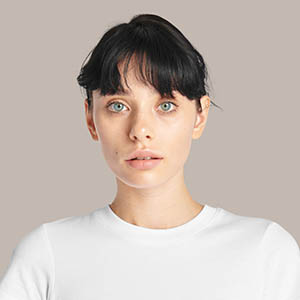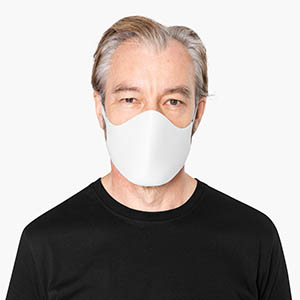Specialist in Eyeglasses and Sunglasses
An expert in eyeglasses and sunglasses assists people in selecting frames and lenses that best complement their face shape and prescription, as well as educate them on eye care practices and various lens types.
Passion and excellent customer service skills are crucial in this profession, making patients feel at ease while selecting their frames.
Optical Center UK offers many models of prescription glasses and sunglasses according to the needs of each.
Frames
Frames are what surround lenses, from subtly chic to loud and proud. Made of either acetate or metal, frames can even be painted to match your skin tone for optimal effects.
Your face shape plays a significant role in selecting frames to complement your look, and consulting a doctor is key in selecting the ones that look best on you. Round faces typically pair best with rectangular or oval frames.
Order glasses frames that are wider than they are deep, such as an octagonal frame. Sharp-angled frames will help balance your features and make you appear thinner.
Though many consider lenses the most essential component of eyeglasses, the frames play just as vital a role. Their primary function is allowing your lenses to help provide clear vision.
Lenses
Lenses are pieces of glass or plastic which bend light rays to focus light onto an object, used in eyeglasses, contact lenses, telescopes and even microscopes to help us see things close up or far away.
Eyeglasses can also be customized to correct various refractive errors, including myopia and astigmatism. Today's eyewear typically come with several lens options to meet individual vision requirements and preferences.
Anti-glare coatings provide you with protection from bright lights, blue-light filters and UV protection - these lenses can help if you spend a lot of time outdoors or drive frequently and want to minimize eye strain.
Sunglasses
Sunglasses provide protection from UV rays, which can lead to eye damage such as photokeratitis (a corneal burn). Furthermore, sunglasses may also filter out glare for clearer vision.
Sunglasses come in all sorts of shapes, colours and styles - some feature wraparound designs to decrease UV exposure to the eye while many come equipped with polarization that helps decrease glare and enhance vision.
If you require prescription sunglasses, make sure the frames can support them. A specialist in eyeglasses and sunglasses will be able to advise if your glasses can accommodate prescription lens fitting.
Sunglasses provide protection from harmful UV rays while being stylish accessories. But it is important that they be worn all year-round - not just on sunny days - as ensuring adequate UV protection can prevent long-term vision loss.
Contacts
Contacts can be an ideal alternative for many who need eyeglasses as a replacement solution. Your eye specialist can issue you a prescription after reviewing your vision and medical needs.
At your appointment, you will have an opportunity to try on different contact lenses. Your doctor will also conduct tear film measurements (using either paper strips or fluorescein dye placed beneath your eyes) and show you how to insert and remove contacts properly.
Your eye care professional may suggest soft, hard, or hybrid lenses to meet the unique vision correction needs of each of their patients. Rigid gas permeable contacts tend to collect less irritating deposits than soft contacts while providing crisper visual correction.
Regular, thorough lens cleaning must also include rinsing, disinfecting and enzymatic cleaning. Otherwise, bacteria can form over time in your lenses' storage case, increasing your risk for eye infections.
9 Years
of Experiences
Our Patients
Great
Very good website on eyeglasses and sunglasses

Perfect
Complete website Acuvue contact lenses sunglasses !

Great services!
Vestibulum ante ipsum primis in faucibus orci luctus et ultrices posuere cubilia curae; Donec sit amet velit vitae purus aliquam efficitur.
